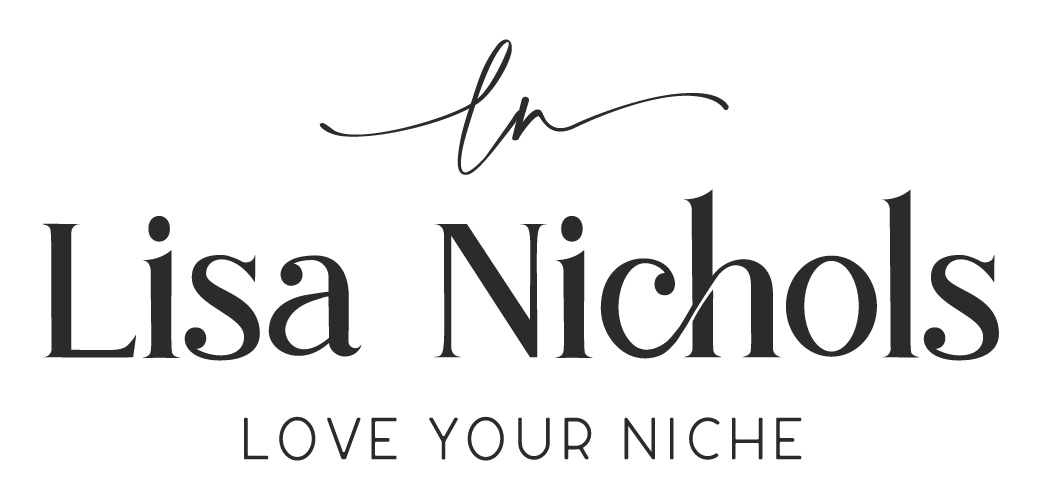You did it! You got an interview for your dream job.
But your elation at getting the interview quickly turns to panic…
“What if they don’t hire me?”
“There are so many applicants! What if they like someone else better?”
“I haven’t interviewed in 8 years. What if I’m not ready?”
Interviewing can be extremely intimidating!
Those feelings of anxiety and insecurity are compounded when you’re facing a competitive job market. You feel the pressure of needing to stand out, because you know what you’re up against. After all, being memorable is important if you want the job offer!
But how do you set yourself apart from the competition?
How do you prepare for an interview (especially if you haven’t interviewed in several years)? How do you get your ideal job offer during COVID? How do you position yourself as the top candidate for the role?
If you’ve been asking yourself questions like these, I get it. It’s overwhelming. That’s exactly why I’m going to share with you my top 3 tips for standing out in an interview. In helping over 1000 people navigate their career transitions, I’ve found that these are the keys to success in getting the job offers you want.
The best part is that these tips work in ANY job market or industry—no matter how competitive it is.
Not only will they impact your results, but they will also make the interview process less stressful! It’s definitely a win-win situation.
The first—and most important—piece of advice I have for preparing for an interview might seem, well, basic. Don’t be misled by how simple it seems. It’s actually the foundation to your career success on several different levels!
Start with the right mindset.
If you’re like most of us, you may have begun the job search process from the wrong point of view. It’s easy to allow your own insecurity or uncertainty guide your perspective, which causes you to approach the process as though you are asking the potential company to do you a favor by “giving” you a job. Sound familiar?
The problem with this mindset is that it affects your confidence and your ability to clearly communicate your value.
Rather than focusing on what you need (a job), concentrate on the need you will meet for the company (your value). Reflect on all that you bring to the table—your abilities, your years of experience, your knowledge, your expertise. The company has expressed a gap that they have, and you are letting them know that you are the best person to fill it.
Approach the interview from the perspective that you are offering significant value to the company. You are providing a solution to a problem they’ve identified.
Making this one small shift in your mindset will revolutionize your interviews, because it will increase your confidence and clarify the information you need to provide about yourself.
Approach the interview from the perspective that you are offering significant value to the company. You are providing a solution to a problem they’ve identified.
Make a connection.
At its very core, the interview process is about connection. It’s about creating a relationship between the interviewer and the candidate.
Your role, as a candidate, is to relate to the interviewer and create a connection between what you have to offer and what they need.
Remember that the person on the other side of the desk is not just an interviewer—they are an individual, like you, with a story to tell. Unless they are a full-time recruiter, interviewing is probably not what they do most of the time. This means that they may also be a bit less-than-comfortable in the conversation. Relate to them on a human level.
When it comes to connecting your skills and expertise with the company’s needs, it’s important to pay attention to the gap the target employer has identified. This is where you want to be very specific. While you will most likely give a brief overview of what led you to this point in your career, the key is to emphasize specific aspects of your career journey that most clearly reflect what they are looking for in this role.
Your role, as a candidate, is to relate to the interviewer and create a connection between what you have to offer and what they need.
This brings us to my 3rd tip for setting yourself apart during the interview process.
Use your career stories to highlight your most relevant qualifications.
As you prepare for an interview, practice using examples from your past experience to show what you will do for the target company. Look at the main categories of expertise the job requires. Identify stories from your experience that demonstrate your proficiency in each of these areas and use them to express how what you achieved in former positions has equipped you to excel in this new role.
Build a bridge from the outcomes you’ve accomplished to the needs the company has communicated.
Use stories to express how what you achieved in former positions has equipped you to excel in this new role.
Think from the perspective of the business. They need someone (like you) with a specific set of skills and an ability to execute. They need someone (like you) who is capable of leading and influencing their team. They need someone (like you) who is committed to achieving the same mission.
At the end of the day, interviews are about building relationships and connecting what you have to offer with what the company needs to achieve success.
It’s up to YOU to communicate that you have what they’re looking for.

